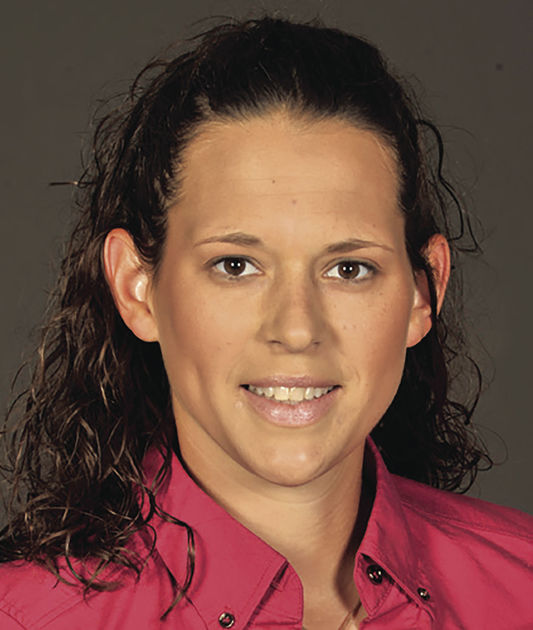
Article reposted from The DA
Author: Jennifer Gardner
Allison Hetrick, M.ED, ATC, CSCS
Assistant Athletic Trainer, CPASS
When a player goes down on Mountaineer gameday, athletic trainers are the first to respond. They specialize in helping athletes recover from injuries and spend as much time on the field as possible.
Allison Hetrick, a professor the College of Physical Activity and Sport Sciences, sat down with The DA to talk about the importance of athletic trainers in sports.
Q: What makes you passionate about being an athletic trainer?
A: Sports are really cool because I think they’re a microcosm of what life is. The more you put into it, the harder you work, no matter how talented you are, or intelligent, or whatever it is, it has a lot more to do with your attitude and your work ethic. It’s kind of rewarding to be part of somebody’s journey when they are trying so hard to reach a certain goal and then they reach the olympics. It’s those kinds of things you understand because you’ve sat there and you’ve watched them train and train and train to get to that pinacle of trying to win something. It’s amazing what you can learn about people in general just watching people go through that experience.
Q: What is Mountaineer football gameday like for the athletic trainers on the field?
A: We’re spending all of our time trying to make sure all of the players can be in the game for as long as they can. We try to do things to prevent injuries, so some students are running water and pushing fluids. We’re also checking on the bench for injuries, people who may not have said anything, or maybe look like they are trying to hide something. We are always looking for blood, because a player can get pulled from a football game because you have blood on your jersey.
Q: Football can be a rough sport, and concussions, among other injusries are common. How do you detect when someone is injured and hiding it?
A: We spend a lot of time paying attention during games, because you never know when somebody is going to get a concussion or something and they don’t realize they got hit or they don’t tell anybody. There’s actually a spotter in the pressbox as well who is supposed to call down if somebody took a bad hit.
Q: What is the role of an athletic trainer when someone gets hurt?
A: When you’re watching the Mountaineer Football game and someone gets hurt on the field, we’re the people who run out and take care of them. So we’re sort of the medical professionals who work with the teams. When they announce someone has torn their ACL, we’re probably the first ones who looked at them, tested them, and gotten them to the doctor when they need to go.
Q: What sports have worked with as an athletic trainer?
A: I’ve worked in Division 15 athletics for 15 years, so that’s 15 years of travelling to a lot of other major institutions, and in that process you get to meet a lot of really cool people. I’ve worked with professional athletes in every sport, so I’ve had major league baseball all-stars, I’ve had NFL Superbowl champions, basketball players, gymnasts who may have tried out for the Olympics, and technically I’ve even worked with professional crossfitters. It’s just a wide variety.